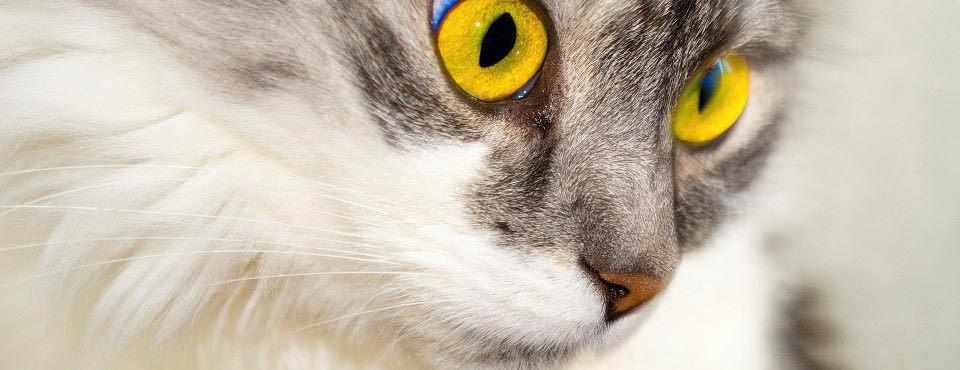
Stress in cats is a very real problem, could your cat be affected?
BEHAVIOUR & TRAVEL
3 Jun, 2019
READ 3 minutes
There are many reasons your cat might suffer from stress. Feline stress is a disorder that can cause behavioral problems, making it difficult to live with our pets.
FELINE STRESS: A REAL DISORDER
Humans have assimilated stress as a normal consequence of the responsibilities, schedules and conflicts we have to deal with on a daily basis. For our pets, however, it’s different. It’s often hard for us to believe that our cats might suffer from stress.
Although your cat may not have to deal with responsibilities, from his perspective he lives in a complex world of relationships with everything that surrounds him, and this may open the door to stress. If your cat has everything his nature requires, he’ll enjoy every moment and every situation.
On the other hand, if something is missing or there are continual changes in his environment or in the routines of those around him, your cat’s behavior will very likely be affected.
Unfortunately, the frantic pace of our lives ends up affecting our feline friends as well. Our behavior, our lack of time and our neglect to provide everything he needs are the causes of numerous changes in a cat’s normal behavior.
One of the most common problems related to stress is a change in toileting routines.
Cats are by nature clean, neat animals. If you notice that your cat isn’t going to the bathroom in his litter box or the designated place, pay attention—this could be a sign that something is affecting him. In cases such as these, take him to the veterinarian to rule out physical problems such as cystitis or kidney stones.
If there’s no underlying illness, there is a series of causes that might create stress and lead your cat to inappropriate use of his litter box:
- Inappropriate cat litter— in other words, litter he doesn’t like.
- Cat litter that’s dirty because the owner hasn’t kept it clean.
- A litter box located in an inappropriate location. Cats also like to do their business in a quiet place.
- Too many animals using the same litter box. If you have several cats, ideally each one should use his own litter box.
Like any physical problem, stress must be correctly diagnosed. In order to identify the cause of your cat’s stress, and find a treatment that can resolve the problem as quickly as possible, it’s essential to see your veterinarian.
HOW TO TREAT STRESS IN CATS
Once stress has been diagnosed, the first step is to change the situations that trigger it. You can change the type of cat litter and the location of his litter box, and make sure it’s clean. If the veterinarian recommends it, you can consider using pheromones.
Fortunately, there are increasing numbers of professionals specialising in pet behavioral problems who can help us turn the situation around after a correct diagnosis.
It’s a fact: feline stress exists. It’s a real health problem, so see your veterinarian and treat it to improve your cat’s quality of life.
RECOMMENDED




